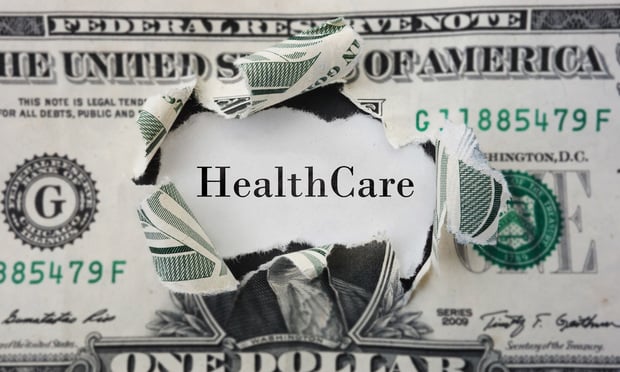Editor's note: The following is an update to 2014 Healthcare Reform Facts by Alson Martin.
The Patient Protection and Affordable Care Act provides premium tax credits to make health insurance affordable to individuals with modest incomes between 100 percent and 400 percent of the federal poverty level. These credits are available to those who are not eligible for other qualifying coverage, such as Medicare, or "affordable" employer-sponsored health insurance plans that provide "minimum value." They are refundable tax credits, applicable for tax years ending after Dec. 31, 2013, available to individuals who purchase coverage through "Affordable Insurance Exchanges," also known as marketplaces.
In July, the federal Department of Health and Human Services issued a final rule for the exchange's income verification process, which the Washington Post reported would "significantly scale back" the law's verification requirement for those receiving federally subsidized coverage. Note, however, that the exchange subsidies are not paid to individuals but, rather, to insurers.
Complete your profile to continue reading and get FREE access to BenefitsPRO, part of your ALM digital membership.
Your access to unlimited BenefitsPRO content isn’t changing.
Once you are an ALM digital member, you’ll receive:
- Critical BenefitsPRO information including cutting edge post-reform success strategies, access to educational webcasts and videos, resources from industry leaders, and informative Newsletters.
- Exclusive discounts on ALM, BenefitsPRO magazine and BenefitsPRO.com events
- Access to other award-winning ALM websites including ThinkAdvisor.com and Law.com
Already have an account? Sign In
© 2024 ALM Global, LLC, All Rights Reserved. Request academic re-use from www.copyright.com. All other uses, submit a request to [email protected]. For more information visit Asset & Logo Licensing.








